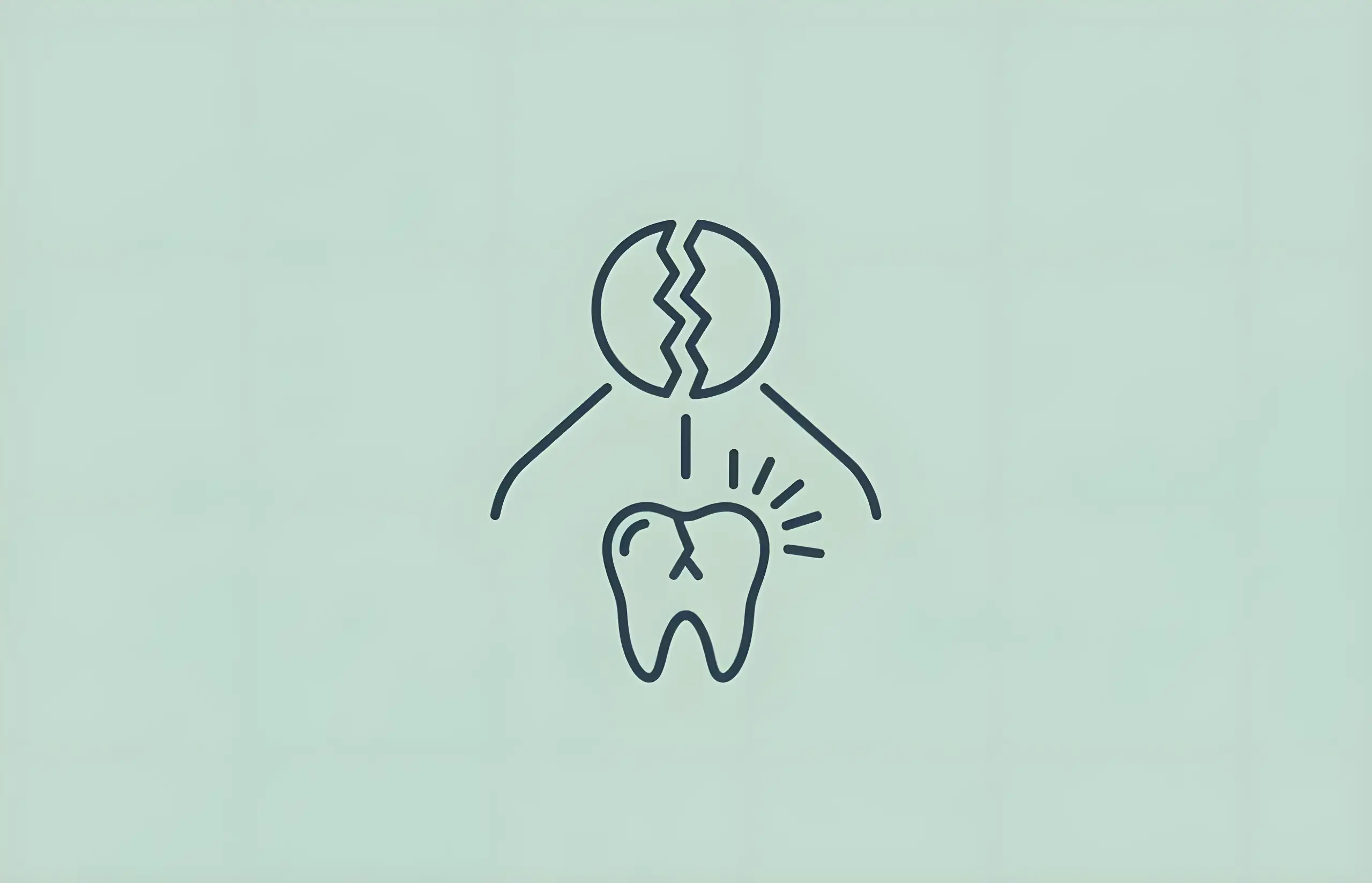Does your tooth hurt whenever you bite down on a hard object? Please do not ignore it! There can be many reasons behind the pain, and you'll need to figure out the exact cause before deciding what you need to do.
Early identification is key to effective treatment. It might even be the difference between saving or losing the tooth.
Here are a few possible reasons you are experiencing tooth pain:
Bruised Tooth
When your overuse your teeth, they can become sore. Having a 'bruised' tooth might sound impossible, but it is not actually the tooth that gets bruised. Your teeth are attached to the bone through a slim ligament.
It is the same width as a few sheets of paper stacked together. When you eat a lot of hard things like nuts, hard candy, and ice or you frequently grind or clench your teeth, the ligament may experience more pressure than it can handle.
The ligament then gets 'bruised', and you feel a dull ache in your teeth. The simplest way to heal your teeth is to stop eating hard food for a while.
If the pain is too much, you can take ibuprofen to help with the inflammation. Take care not to clench or grind your teeth anymore to avoid putting stress on the ligament.
Uneven or Misaligned Bite
Occlusion is the medical term used to describe how your teeth fit together when you bite down. When the occlusion is perfect, all teeth in your jaw bear the weight evenly.
If the filling or cap on your tooth is too high, it will hurt when you bite down on it. You will start feeling it as soon as the anaesthetic leaves your system after your procedure.
The opposing tooth will also hurt as it will clash with the tooth sitting too high and experience added pressure.
A dentist can examine your bite to determine if any teeth are sitting higher than necessary. Once they identify the tooth, there are several ways to fix your bite and relieve the extra pressure experienced by the teeth.
Cavity or Abscess
If your teeth feel sensitive or you experience pain while eating, you might have cavities. Cavities or tooth decay are very apparent as the tooth becomes sensitive to certain kinds of food. For example, people often get extra sensitive to sweet food when they have a cavity.
If the cavity is large enough, food will get stuck inside it and worsen the pain. If cavities are left unattended for a long time, you will feel intense pain whenever you chew or bite down on something.
Keep in mind that there are different kinds of tooth decay, and not all of them hurt. If you can feel an opening in your tooth or experience a weird sensation, make an appointment with your dentist to get to the root of the problem.
Cracked Tooth
A cracked tooth is very difficult to identify. However, if you have been experiencing a painful bite for more than two weeks and the pain is shooting and similar to an electric shock, you might have a cracked tooth.
Pay attention to where you experience pain. If it is limited to a small and specific area, there is a strong likelihood that your tooth is cracked. However, it could also be a fractured root, which can be ruled out or confirmed with a bite stick.
Gum Infection
Gum infections cause inflammation and swelling. Sometimes it can spread to the ligament and make it painful to bite down on food. The pain you experience will be very similar to a bruised ligament—a throbbing pain or dull ache.
This kind of pain can usually be dealt with easily. Being consistent with brushing and flossing or doing an antibacterial rinse might eliminate the problem.
If it doesn't work, it is time to visit your dentist. They will do an extensive cleaning to get rid of whatever is causing the infection.
Parting Thoughts
Tooth pain is a symptom you should never ignore. Damage to other body parts might be treatable or repairable, but damage to the teeth is often irreparable.
Furthermore, dental procedures can be very expensive and painful. So if you want to avoid them, take good care of your dental health and visit your dentist at the first sign of trouble.
If you experience tooth pain, get it diagnosed and treated as soon as possible. It will save you a lot of trouble and money in the long run.
Sources and References
-
[1]
Review of common conditions associated with periodontal ligament wideningImaging Science in Dentistry (PubMed Central)https://pmc.ncbi.nlm.nih.gov/articles/PMC5192020/
-
[2]
Review of Cracked Tooth Syndrome: Etiology, Diagnosis, Management, and PreventionFrontiers in Medicine (PubMed Central)https://pmc.ncbi.nlm.nih.gov/articles/PMC8694987/
-
[3]
Occlusal trauma and excessive occlusal forces: Narrative review, case definitions, and diagnostic considerationsJournal of Periodontologyhttps://pubmed.ncbi.nlm.nih.gov/29926937/
-
[4]
Dental Caries and Its ManagementFrontiers in Dental Medicine (PubMed Central)https://pmc.ncbi.nlm.nih.gov/articles/PMC9831703/
- [5]
All sources accessed and verified on . Medical information reviewed for accuracy and compliance with current guidelines.
Related Articles
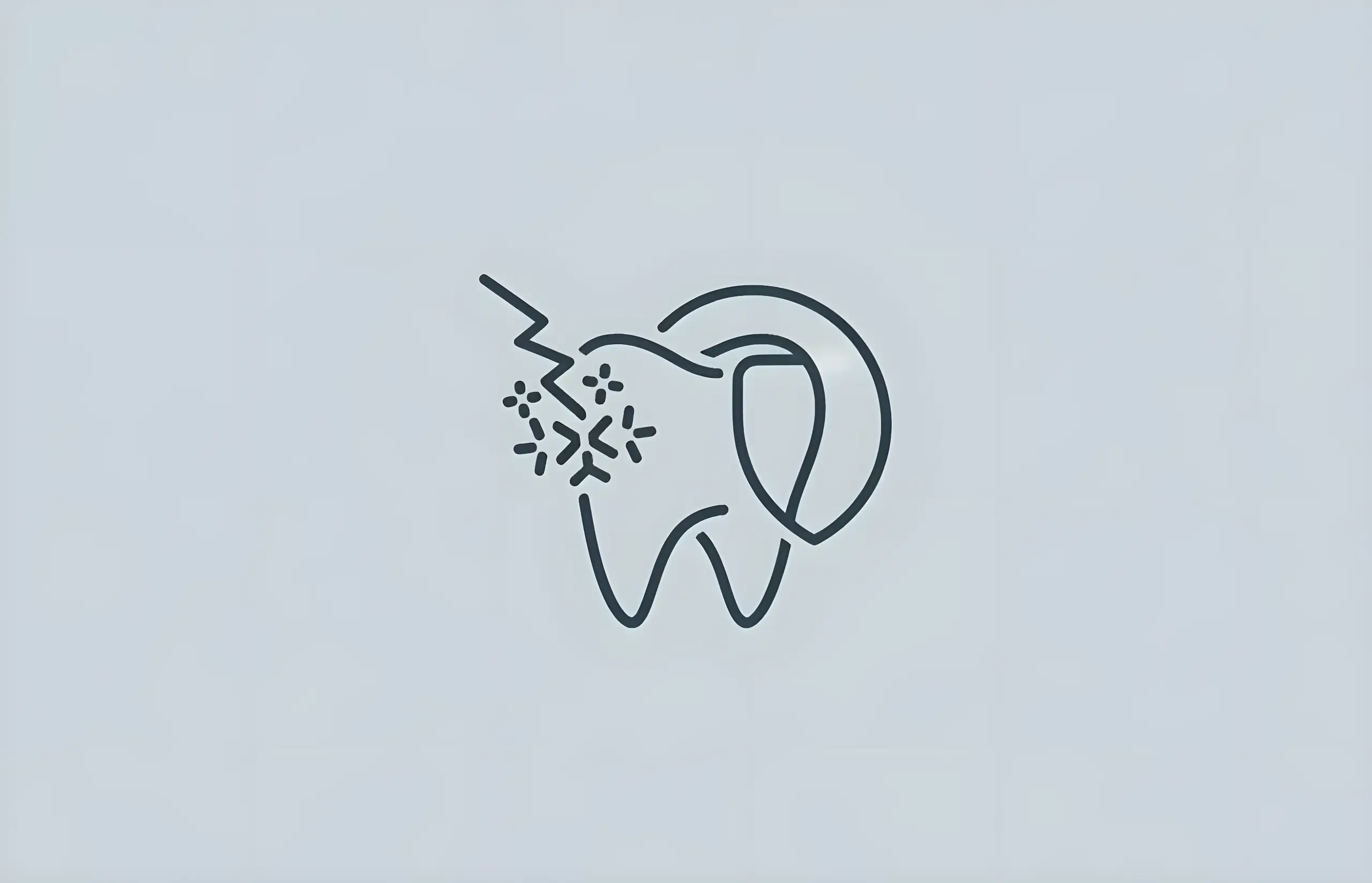
Cold Water Hurting Your Tooth? Common Causes and Treatments
Complete guide to tooth sensitivity including causes of dentin hypersensitivity, prevalence statistics, risk factors, and evidence-based treatment options
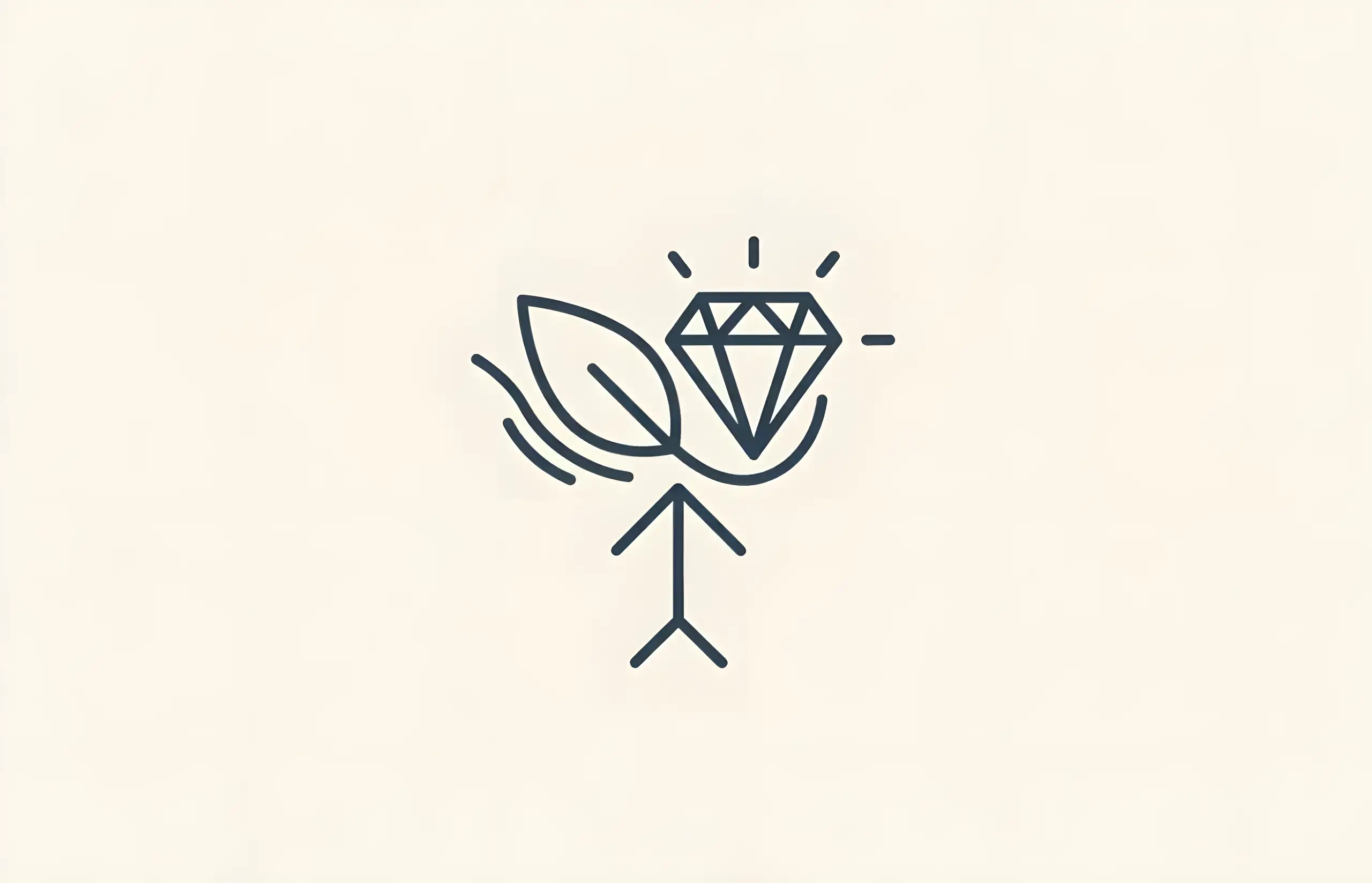
Natural Ways to Whiten Your Teeth
Explore natural teeth whitening methods including brushing, coconut oil pulling, baking soda with peroxide, and their effectiveness based on scientific evidence
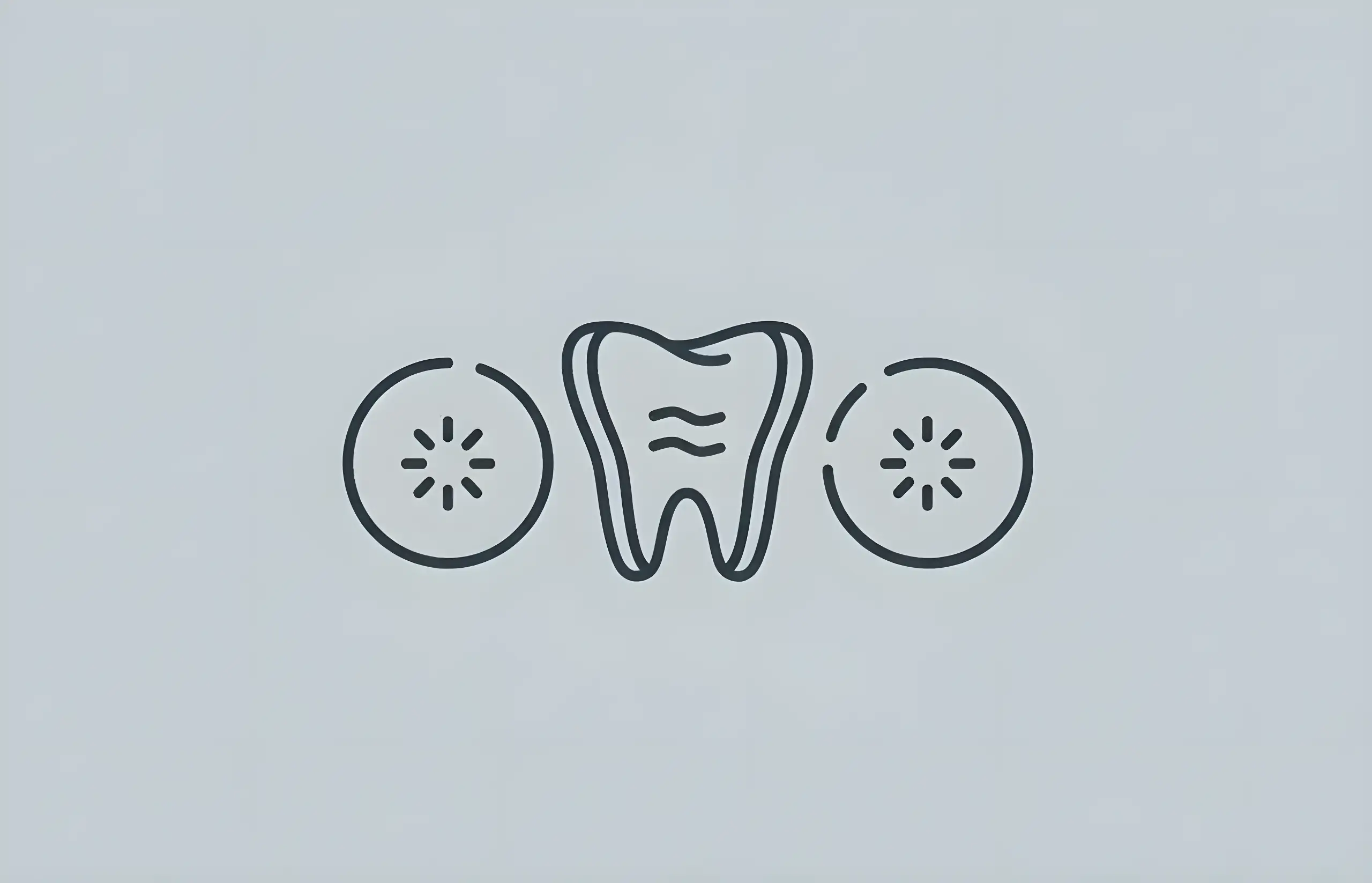
Sensitive Teeth After Veneers
Understanding causes, treatment options, and what to expect when experiencing tooth sensitivity after veneer placement
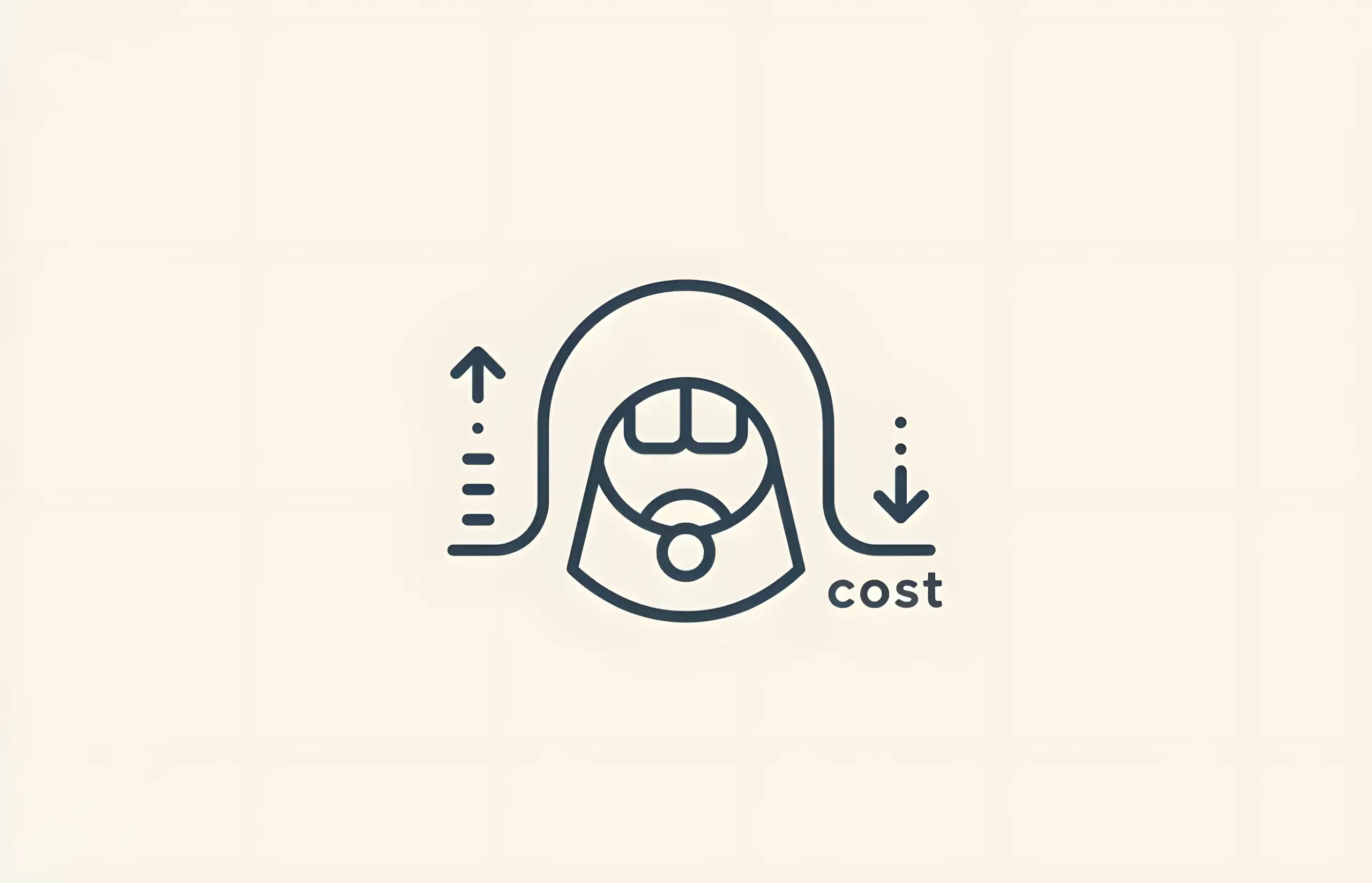
How Much Does Teeth Cleaning Cost?
Comprehensive guide to teeth cleaning costs in the UK, NHS pricing bands, scale and polish procedures, dental hygiene benefits, and professional teeth cleaning information
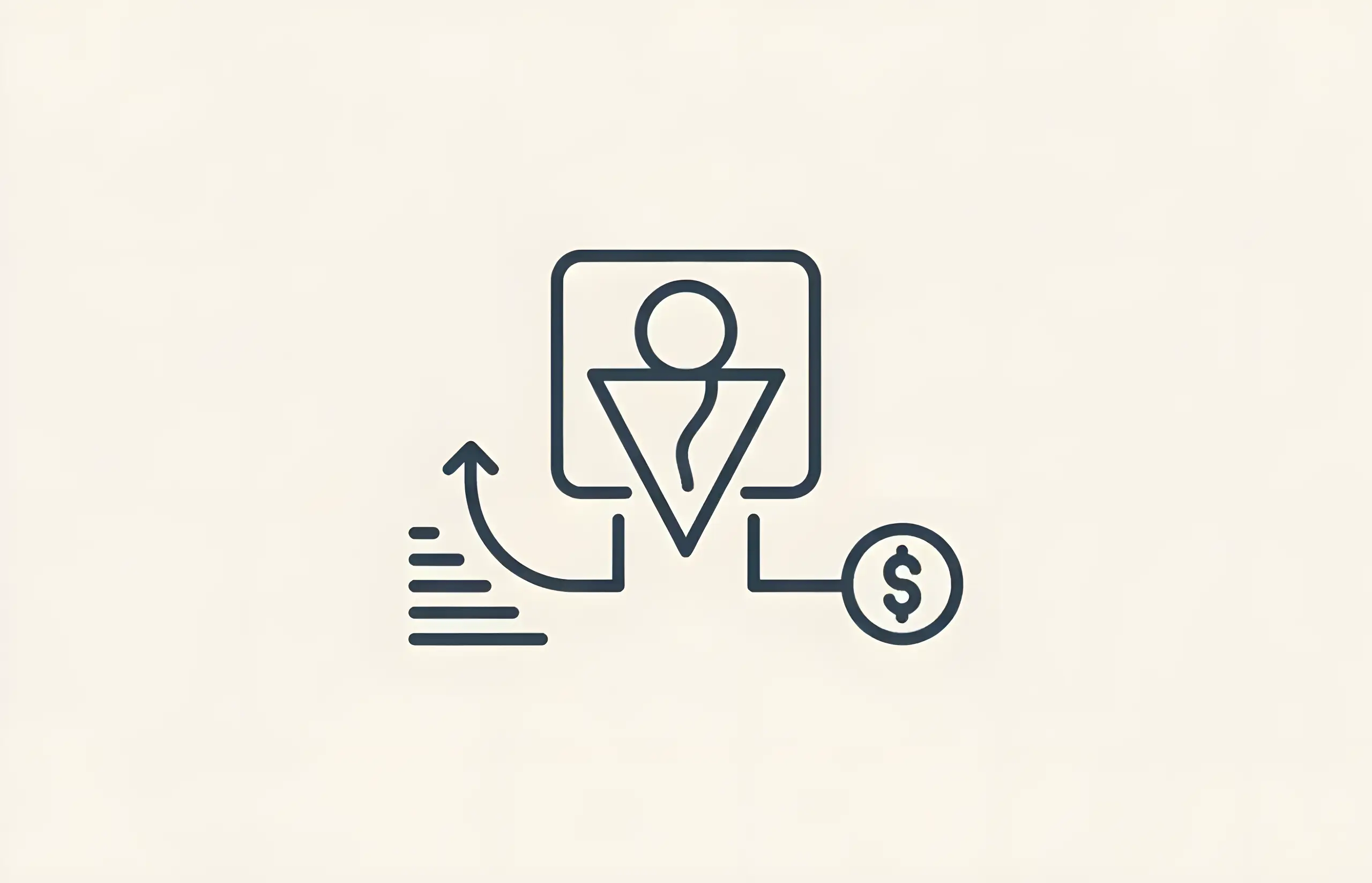
How Much Does A Tooth Extraction Cost?
Understanding the costs, procedures, and benefits of tooth extraction in the UK
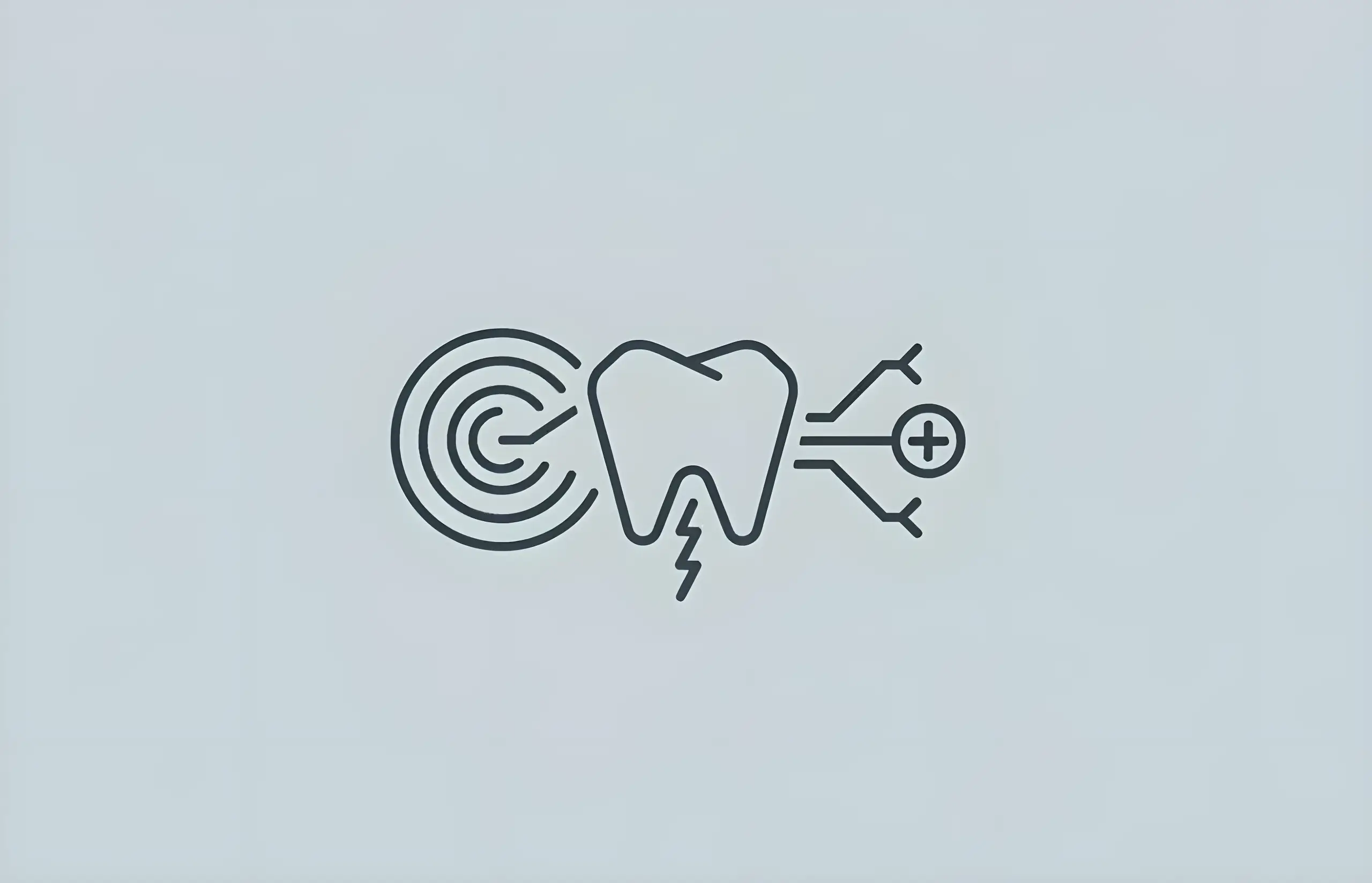
Wisdom Tooth Infection: Causes, Symptoms & Treatment
Comprehensive guide to wisdom tooth infections including impaction, cavities, and post-extraction complications, with detailed symptoms and evidence-based treatment options
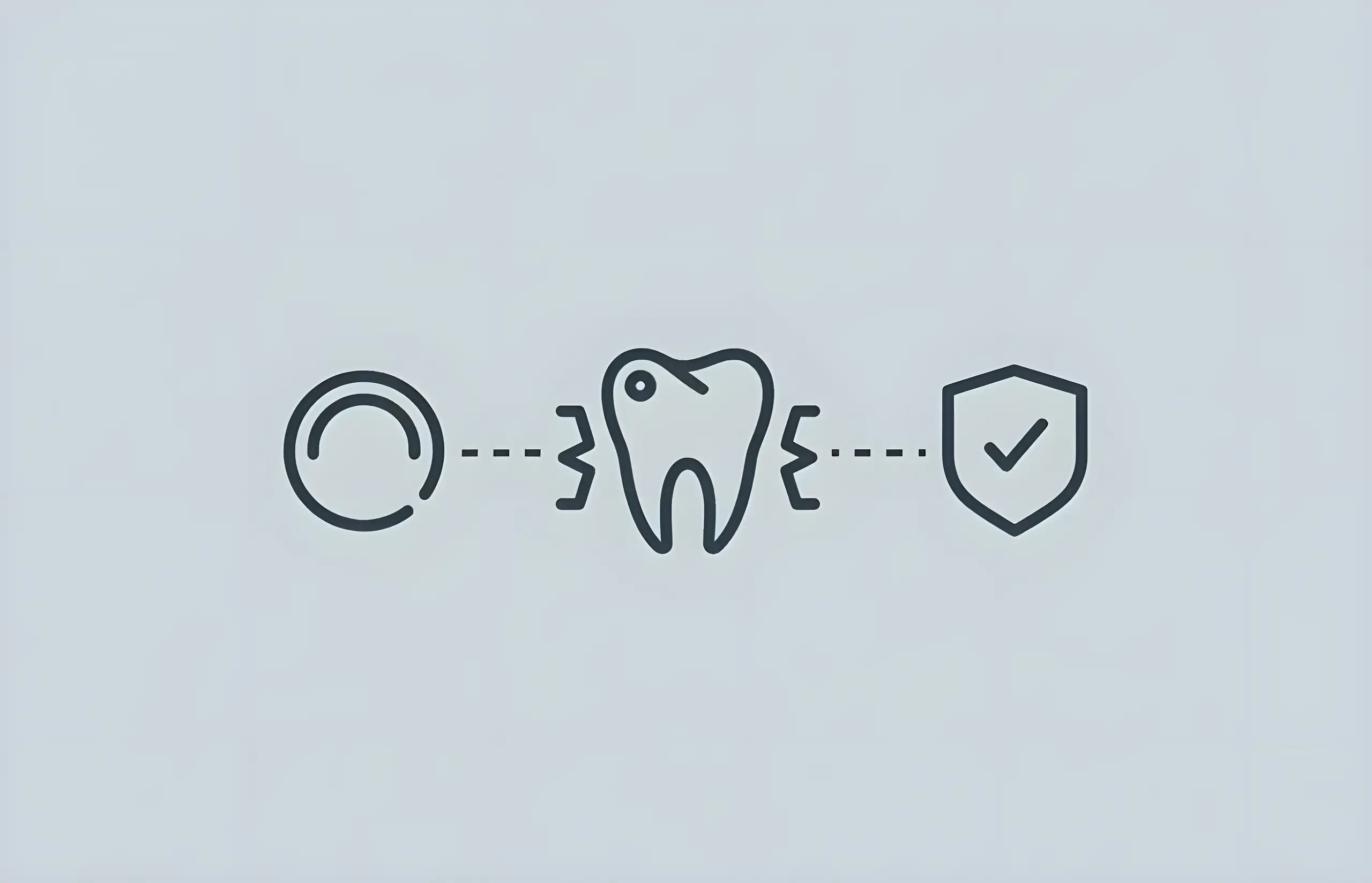
Wisdom Tooth Pain: Causes & Remedies
Understanding Pericoronitis Symptoms and Evidence-Based Pain Relief (73.7% Report Pain as Main Indication)
About The Dental Guide
The Dental Guide is a trusted online resource providing evidence-based information about dental health, treatments, and procedures. Our content is created and reviewed by qualified dental professionals to help you make informed decisions about your oral health.
Our Mission
- Evidence-based dental information
- Expert-reviewed content
- Clear, accessible explanations
- Latest treatment options
- Patient-focused guidance
Editorial Standards
- GDC-registered dental professionals
- Peer-reviewed sources
- Regular content updates
- Medical accuracy verification
- Transparent authorship
Important Notice
The information on The Dental Guide is for educational purposes only and should not replace professional dental advice. Always consult with a qualified dentist for diagnosis and treatment recommendations tailored to your individual needs and circumstances.
Medically Reviewed
Reviewed by Dr. Nasim Mechoui , BDS (Bristol)
Share this article
Comments & Discussion
Have questions about dental implants? Share your thoughts or experiences.
